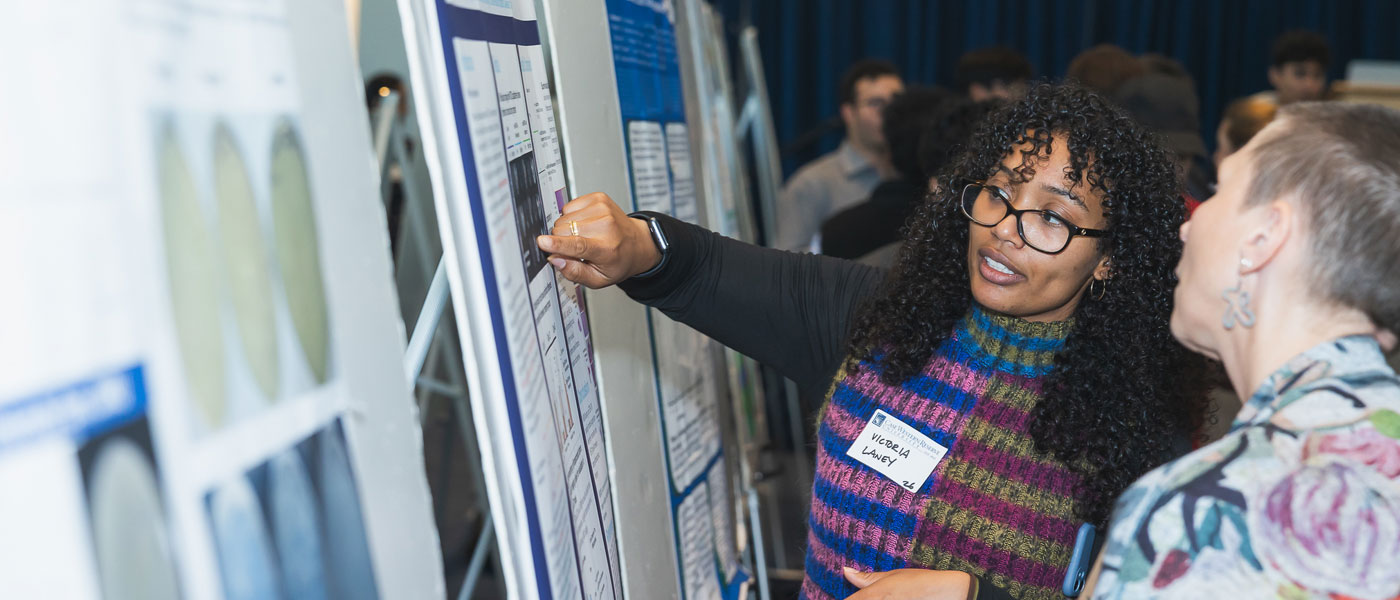Hundreds gathered at Case Western Reserve University last week to celebrate and advance the university’s culture of innovation, learn from experts and share ideas and experiences.
The second annual Innovation Week brought together faculty, staff, students, alumni and more for a full schedule of events, beginning Tuesday, Sept. 26, with a luncheon and opening keynote from Vladimir Bulović, the Fariborz Maseeh Professor of Emerging Technology at MIT.
“We’re trying to celebrate, elevate and really inspire each other in this space this week,” said Michael Oakes, senior vice president for research and technology management.
Throughout the week, the university honored the winners of the Faculty Distinguished Research Awards and the Innovator of the Year awards, as well as the winners of the Innovation Week Milestone Award, across three categories.
The week centered on problem solving—innovation as problem solving, how to scale those solutions, ways partnerships can further those efforts and more.
Corporate partners are increasingly vital in the research and development infrastructure, Oakes said, as he introduced the panel discussion, “Innovation and Corporate Engagement.” He explained that CWRU and other leading research universities have long played a “pivotal role in discovery and innovation,” but the role of corporate partners is becoming increasingly important.
Throughout the week, attendees also heard discussions about ethics in artificial intelligence, innovation in the corporate space, key differences between entrepreneurship and venture capital, and real-world applications for data—such as reducing childhood lead exposure in Cleveland or how leveraging data science can help build a successful startup.
Students also had the chance to show off their problem-solving skills in a Poster Pitch Contest and a fanship challenge with the Cleveland Guardians.
Oakes said he encourages and creates opportunities for corporate researchers and university scholars to engage and interact. They allow corporate scientists to describe the problems they’re facing in production and discovery, and university researchers can share what they’re working on.
“That exchange of ideas (can) help us, help our corporate partners solve problems, but then we also in turn receive new questions that we might bring back to our lab for fundamental discovery,” he said. “That’s that virtuous cycle of the research enterprise.”


